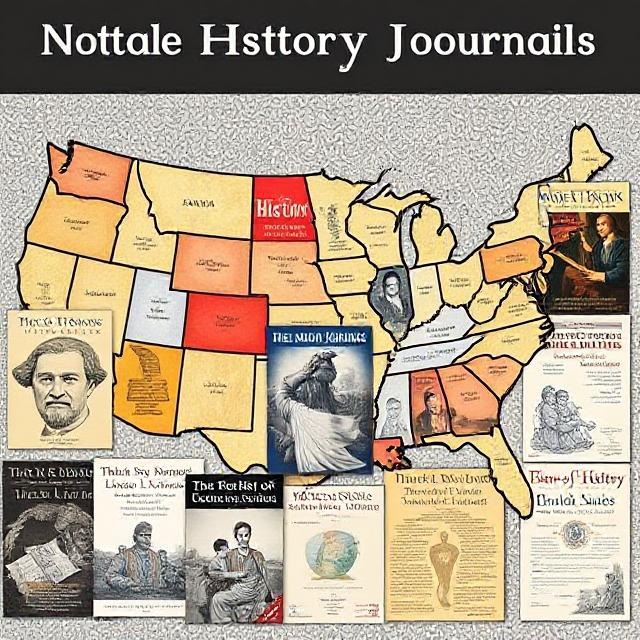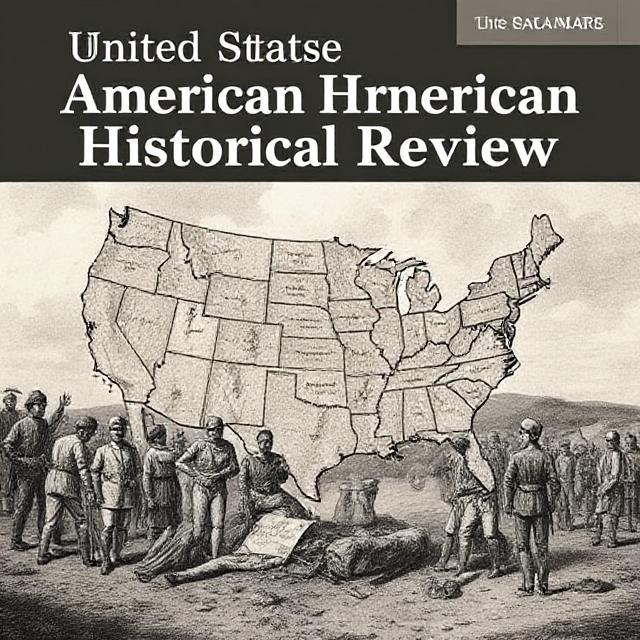
Founded in 1895, AHR is one of the oldest and most prestigious history journals in the U.S. It publishes a wide range of scholarly articles, critical reviews and discussions on American history and historiography.
AHR has played a crucial role in shaping American historical scholarship, influencing debates on key issues such as race, gender, and social history. The journal has featured groundbreaking research that has expanded the understanding of American identity and culture. Its interdisciplinary approach encourages contributions from various fields, enhancing the richness of historical analysis.
Journal of American History (JAH)
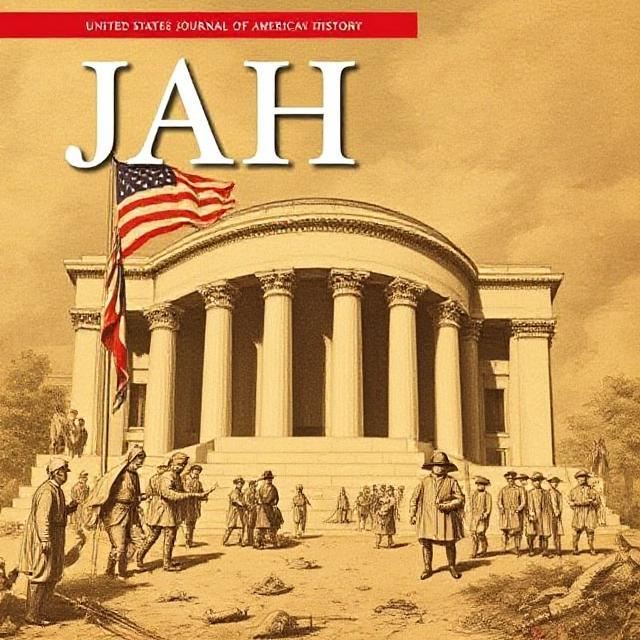
Overview: Established in 1914, JAH focuses on American history, publishing research articles, essays, and reviews that explore various aspects of American life and history. It is known for its commitment to innovative scholarship.
Importance: JAH has been influential in promoting interdisciplinary approaches to American history, addressing contemporary issues through a historical lens. The journal emphasizes the inclusion of diverse voices and perspectives in historical narratives, making it a vital resource for scholars interested in social justice and equity.
The Historical Journal

Overview: While primarily focused on British and European history, The Historical Journal often includes articles on American history, especially in the context of transatlantic relations. Established in 1958, it publishes original research and reviews.
Contribution: The journal has fostered debates on historiographical trends and provided a platform for emerging scholars. Its commitment to rigorous scholarship has enriched the study of history in general, encouraging historians to engage with broader contexts and methodologies.
The Journal of Southern History
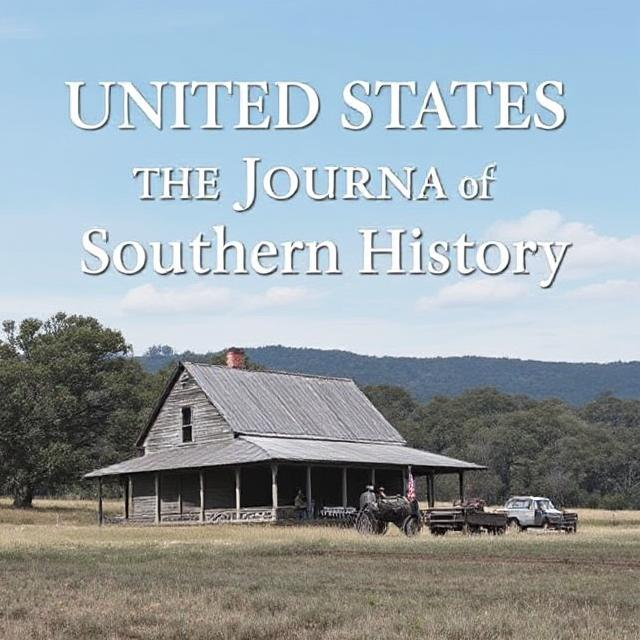
Overview: Founded in 1935, The Journal of Southern History focuses on the history of the American South. It publishes scholarly articles, book reviews, and essays that explore various aspects of Southern history, culture, and society.
Significance: This journal has been instrumental in advancing the study of Southern history, addressing themes such as race, politics, and social change. It provides a forum for scholars to engage with the complexities of the South’s past, fostering a deeper understanding of regional identities and cultural dynamics.
The New England Quarterly

Overview: Established in 1928, The New England Quarterly focuses on the history and culture of New England. It publishes articles that explore regional history, literature, and culture, often incorporating interdisciplinary approaches.
Impact: The journal has contributed to the understanding of New England’s unique historical context and its influence on broader American history. By examining local narratives, it highlights the significance of regional studies in understanding national trends and developments.
The Western Historical Quarterly
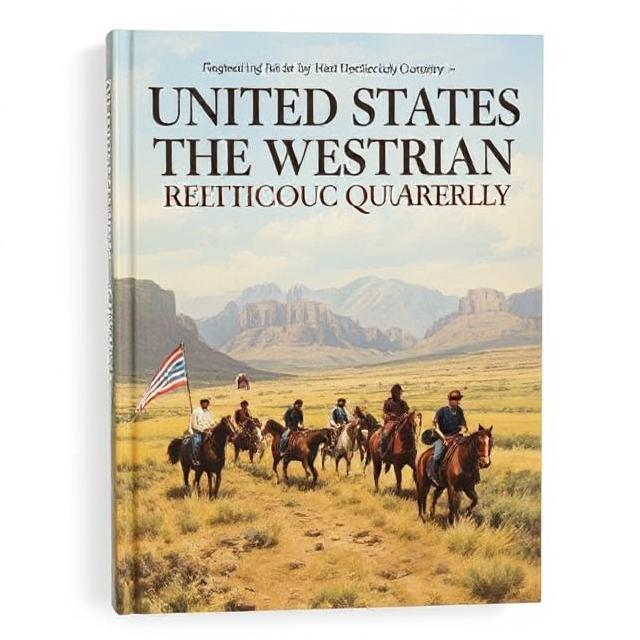
Overview: Founded in 1970, The Western Historical Quarterly is dedicated to the history of the American West. It publishes articles, essays, and reviews that explore the diverse experiences and narratives of the West.
Importance: This journal has played a crucial role in shaping the field of Western history, promoting research on topics such as indigenous history, environmental history, and the cultural dynamics of the region. It encourages scholars to engage with the complexities of the West’s past, including issues of migration, settlement, and conflict.
The Journal of American Ethnic History
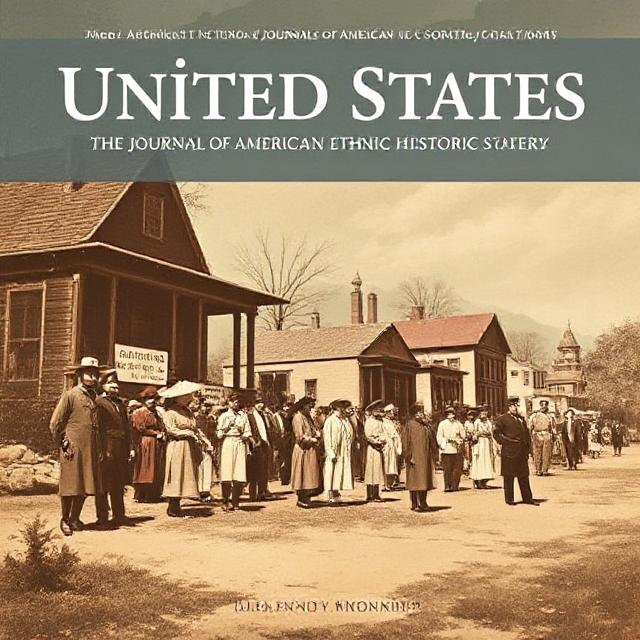
Overview: Established in 1981, this journal focuses on the history of ethnic and racial groups in the United States. It publishes scholarly articles that examine the experiences and contributions of various communities.
Significance: The Journal of American Ethnic History has been influential in expanding the scope of historical research to include diverse perspectives. It fosters critical discussions on issues of race, identity, and representation in American history, encouraging scholars to challenge dominant narratives.
The Public Historian
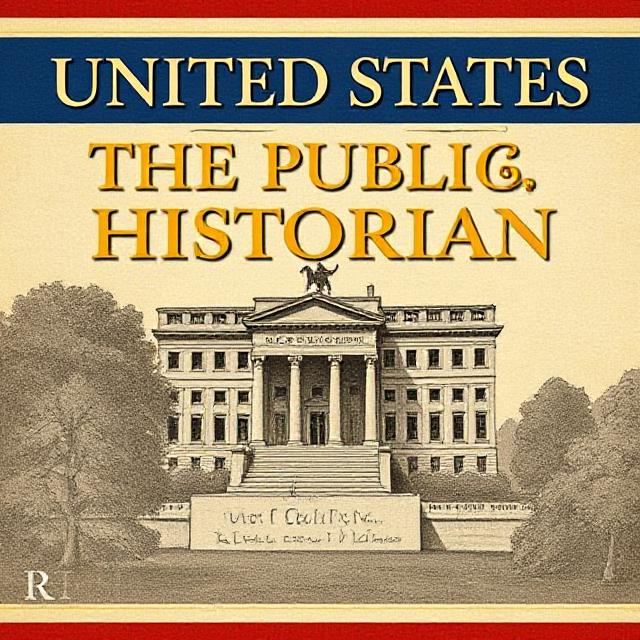
Overview: Founded in 1978, The Public Historian is dedicated to the practice of public history. It publishes articles that address the intersection of history and public engagement, including museum studies, archival practices, and historical preservation.
Contribution: This journal has been instrumental in promoting the importance of history in public discourse and community engagement. It encourages historians to consider the implications of their work in society, fostering a dialogue between scholars and the public.
The Journal of American History and Culture
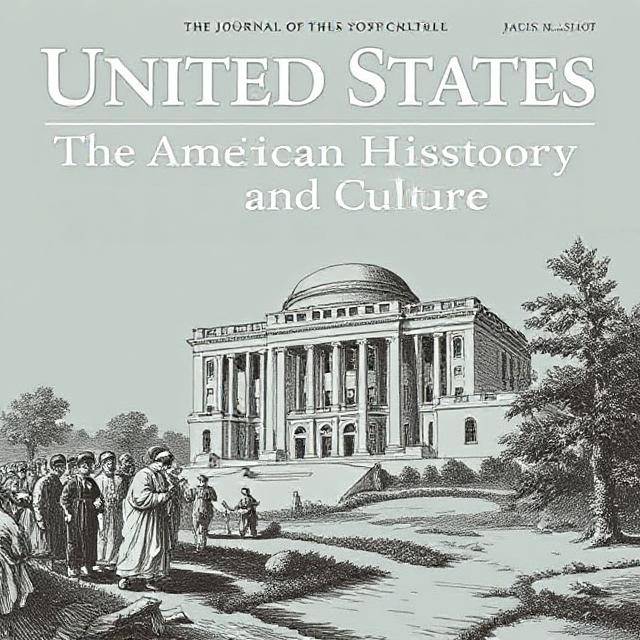
Overview: This journal focuses on the intersections of American history and culture, examining how cultural expressions shape and reflect historical narratives. It publishes articles that explore various cultural forms, including literature, art, and media.
Impact: The Journal of American History and Culture has contributed to the understanding of how cultural phenomena influence historical interpretation. It encourages interdisciplinary approaches that bridge history and cultural studies, enriching the analysis of American identity.
The American Indian Quarterly
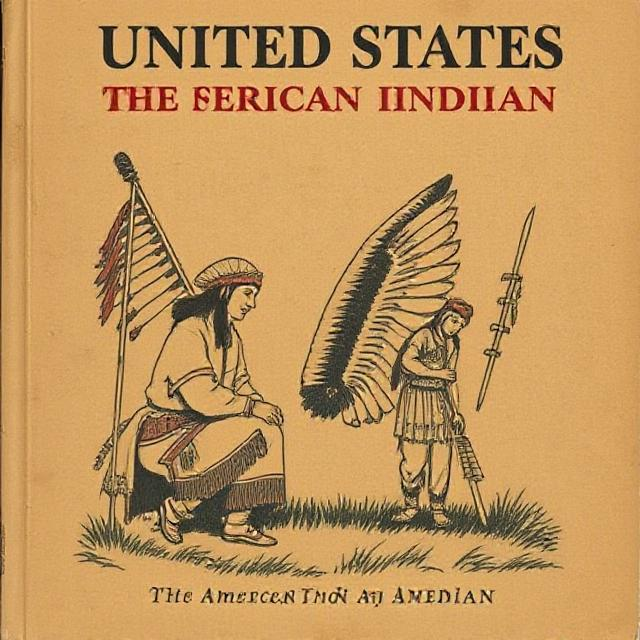
Overview: Established in 1975, The American Indian Quarterly publishes research on the history, culture, and contemporary issues facing Native American communities. It provides a platform for indigenous voices and scholarship.
Significance: This journal has been instrumental in advancing the study of Native American history and culture, challenging dominant narratives and promoting a deeper understanding of indigenous experiences. It highlights the importance of indigenous perspectives in historical scholarship.
The Journal of the Civil War Era
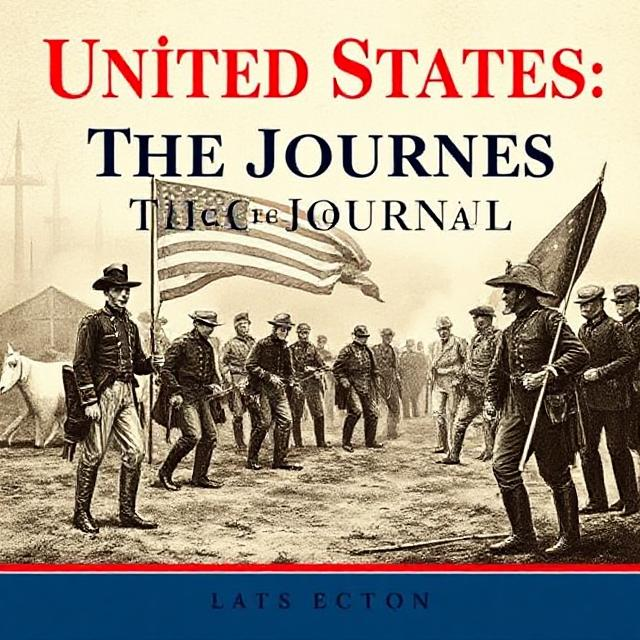
Overview: Founded in 2011, this journal focuses specifically on the American Civil War and its aftermath. It publishes articles that explore military, political, social, and cultural aspects of the Civil War era.
Contribution: The Journal of the Civil War Era has become a leading forum for scholarship on this critical period in American history, encouraging interdisciplinary research and discussions on the war’s legacy. It addresses contemporary issues related to memory, heritage, and the ongoing impact of the Civil War on American society.
The American Historical Association’s Perspectives on History
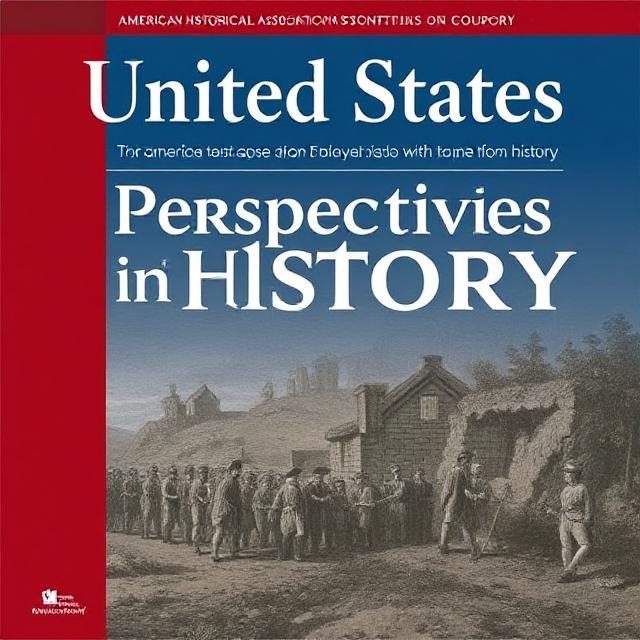
Overview: While not a traditional scholarly journal, Perspectives on History serves as a publication of the American Historical Association, providing insights and commentary on the state of the discipline, historiographical debates, and professional issues.
Importance: This publication plays a vital role in fostering dialogue within the historical community, addressing contemporary challenges and opportunities in the field of history. It encourages historians to reflect on their practices and the relevance of history in today’s society.
The Journal of Women’s History
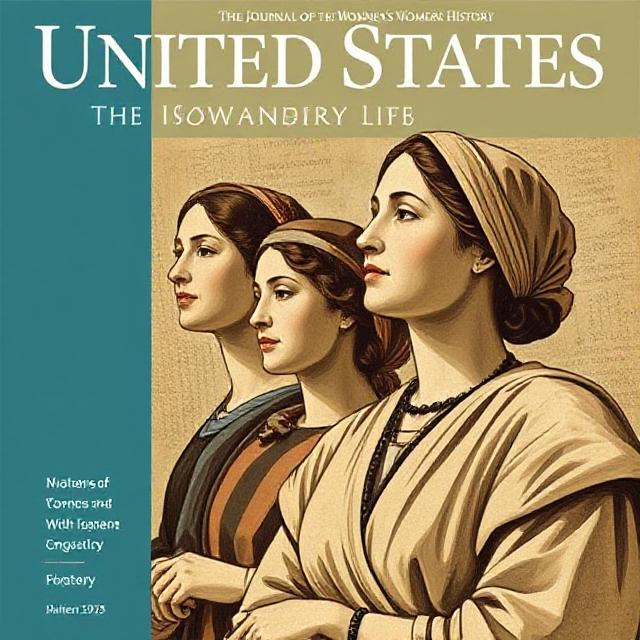
Overview: Established in 1989, this journal focuses on the history of women and gender in the United States and beyond. It publishes scholarly articles that address women’s experiences, contributions, and roles in various historical contexts.
Significance: The Journal of Women’s History has been instrumental in expanding the scope of historical research to include gender as a critical category of analysis. It encourages interdisciplinary approaches that explore the intersections of gender, race, and class, fostering a more comprehensive understanding of history.
The Journal of American History in the Classroom
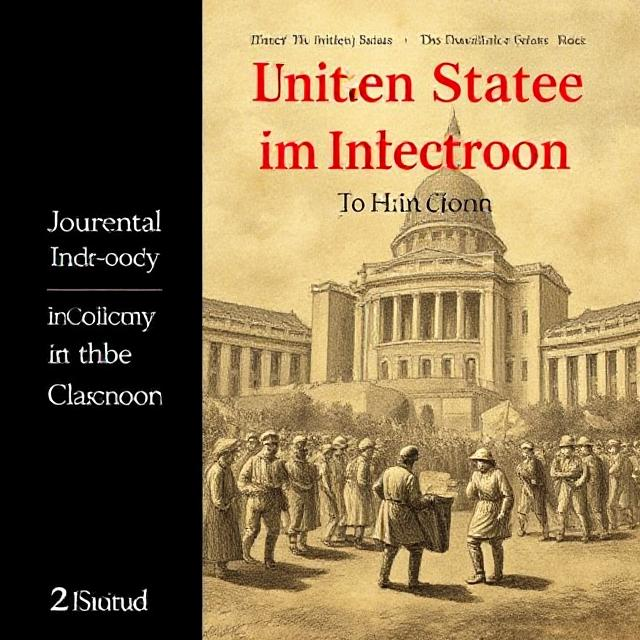
Overview: This journal focuses on teaching American history and provides resources, strategies, and scholarly articles for educators. It aims to enhance the teaching of history in K-12 classrooms.
Impact: By bridging the gap between scholarship and education, this journal promotes effective teaching practices and encourages the integration of historical research into the classroom. It serves as a valuable resource for educators seeking to engage students with history.
The Historical Society’s Journal of Historical Sociology
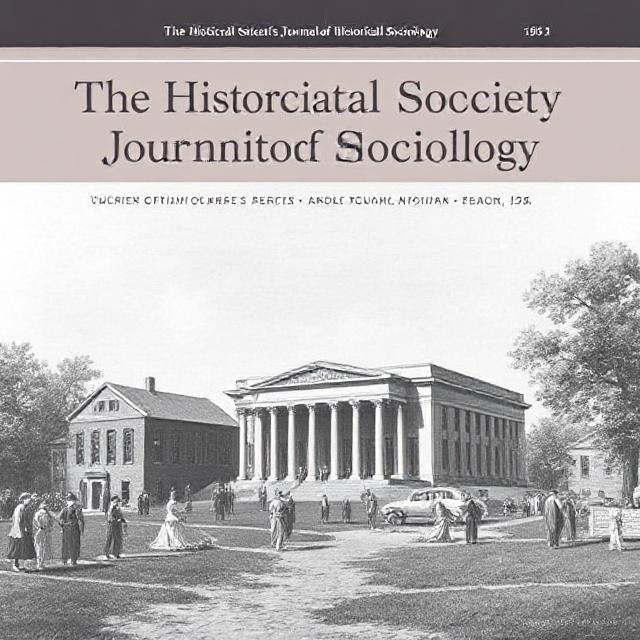
Overview: This journal focuses on the intersection of history and sociology, examining how social structures and processes shape historical events. It publishes articles that explore the relationship between historical analysis and sociological theory.
Contribution: The Journal of Historical Sociology has contributed to the development of interdisciplinary scholarship, encouraging historians and sociologists to collaborate and engage with each other’s methodologies. This collaboration enriches both fields and fosters a deeper understanding of historical processes.
The Future of History Journals
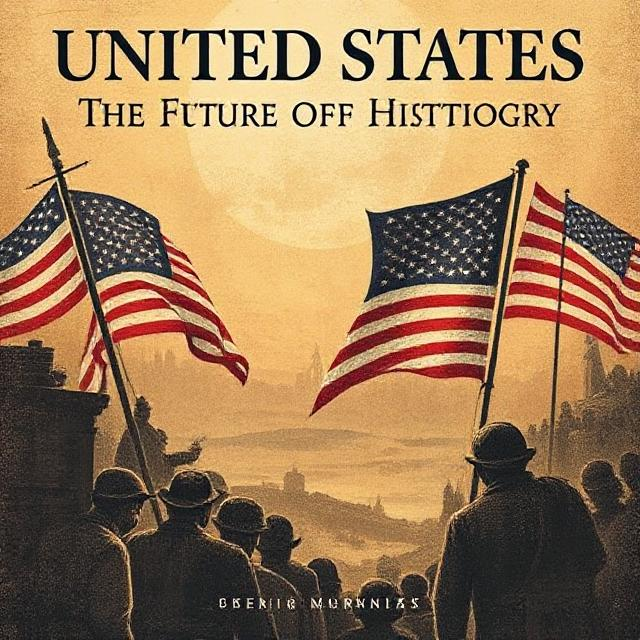
Challenges and Opportunities
As the field of history continues to evolve, history journals face both challenges and opportunities:
Digital Transformation: The rise of digital technology has transformed how research is disseminated. Online platforms and open access models are reshaping the landscape of academic publishing, making research more accessible to a broader audience. This shift allows for greater engagement with diverse communities and enhances the visibility of underrepresented voices in historical scholarship.
Interdisciplinary Approaches: The increasing emphasis on interdisciplinary research encourages history journals to publish articles that bridge gaps between history and other fields, fostering innovative scholarship. By integrating perspectives from sociology, anthropology, and cultural studies, historians can develop more nuanced analyses of historical events.
Global Perspectives: There is a growing recognition of the importance of global histories and diverse narratives. Journals are increasingly publishing research that reflects a broader understanding of historical processes beyond national boundaries. This shift allows for a more comprehensive view of history that includes transnational influences and connections.
Innovations in Publishing

Multimedia Content: The integration of multimedia elements, such as videos, podcasts, and interactive content, into journal articles may enhance engagement and provide new ways to present historical research. These innovations can make historical scholarship more accessible and appealing to a wider audience, including those who may not typically engage with traditional academic writing.
Collaborative Research: Crowdsourcing and collaborative research initiatives may become more common, allowing historians to work together on large-scale projects and share findings in real-time. This collaborative approach can foster a sense of community among historians and encourage the sharing of resources and expertise.
Conclusion
History journals in the United States have played a crucial role in the development of the discipline, facilitating scholarly communication, fostering dialogue, and promoting innovative research. As the field continues to evolve, these journals will remain essential for advancing historical scholarship, addressing contemporary issues, and ensuring that diverse voices and perspectives are included in the narrative of history.


